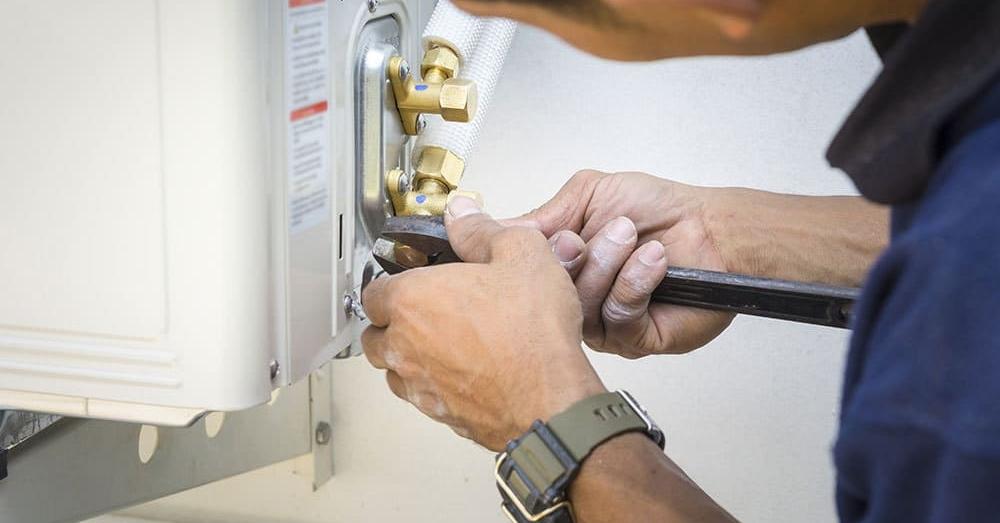HVAC systems are critical for home comfort and health. They provide heating and cooling, help reduce energy bills, and improve indoor air quality. However, they require regular maintenance to work properly.
Learn what makes your system tick and how to troubleshoot common problems like refrigerant leaks, faulty thermostats, and clogged air filters.
What is an HVAC system?
HVAC systems are designed to achieve indoor environmental goals like air quality and temperature control. Keeping them at optimal performance requires regular monitoring and inspection. This is why it’s important to have a streamlined process for inspecting and maintaining your equipment. HVAC Services in Utah is an investment in comfort, health, energy savings, and safety. It’s important to perform regular maintenance and timely repairs to ensure optimal operation of your HVAC system. By doing so, you’ll reap the benefits in all areas.
There are different types of HVAC systems, including central systems that use ductwork to circulate air throughout buildings and window or ductless mini-split systems. But they all have similar components.
What are the components of an HVAC system?
An HVAC system has multiple components that work together to keep a home or business comfortable. Understanding these parts can help you understand how the system functions and when it may need repair or replacement.
These are a network of tubes that carry heated or cooled air to and from rooms in your house. They can be fabricated from aluminum, steel, fiberglass, or polyurethane. Ducts should be cleaned and sealed regularly.
These systems use natural gas or electricity to heat your home. The blower motor, igniter, combustion chamber, and heat exchanger are essential to these systems.
Enhanced Air Quality
HVACs help to improve indoor air quality by taking humid outdoor air and circulating it throughout the home. It helps to remove odors and pollutants, which can cause health problems.
Excessive moisture causes discomfort, leads to mold formation, and can damage furniture and other items in the home.
What are the benefits of HVAC systems?
One of the greatest benefits of HVAC systems is their ability to enhance indoor air quality. This is especially important for families with asthma, allergies, or other respiratory issues.
HVAC systems can be an effective means of reducing your energy costs. By having a system that is properly maintained and inspected regularly, you can ensure it runs as efficiently as possible.
Modern HVAC systems are also designed to be quieter than older models. This is because they use sound-dampening insulation to reduce the noise produced when the system turns on and off.
What are the advantages of HVAC systems?
HVAC systems offer many benefits. One of the most important is that they provide clean air in homes and offices.
Another benefit is that HVAC systems can lower energy costs. They can do this by maximizing electricity use and shutting off when they are not needed.
Finally, HVAC systems can improve a home’s resale value. Buyers tend to prefer homes with up-to-date heating and cooling systems. Ultimately, HVAC systems can also help keep humidity levels low, preventing mold and mildew from growing in homes.







